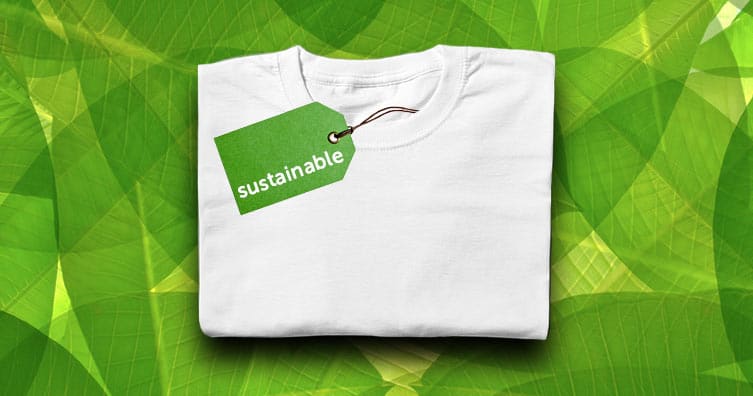As consumers become increasingly conscious about the impact of their choices on the environment, sustainable fabrics have gained popularity in the fashion industry. Sustainable fabrics are made from natural, renewable, and biodegradable materials and are produced using environmentally friendly processes. In this article, we will discuss some of the most searched keywords related to sustainable fabrics, their benefits, and some popular sustainable fabric options.
- Organic Cotton: Organic cotton is grown without the use of harmful chemicals, pesticides, and fertilizers, making it safer for the environment and those who work with it. Organic cotton is a popular sustainable fabric choice for clothing, bedding, and home textiles.
- Hemp: Hemp is a durable and versatile plant-based fabric that is naturally resistant to pests, making it an eco-friendly choice. Hemp is used in a wide range of products, including clothing, home textiles, and industrial materials.
- Bamboo: Bamboo is a fast-growing and renewable plant that requires less water and pesticides to grow than conventional cotton. It is used to make soft and comfortable fabrics that are also hypoallergenic and moisture-wicking.
- Tencel: Tencel is a sustainable fabric made from wood pulp. It is produced using a closed-loop process that minimizes waste and uses less water and energy than traditional fabric manufacturing. Tencel is soft, breathable, and ideal for making clothing and home textiles.
- Recycled Polyester: Recycled polyester is made from recycled plastic bottles and other post-consumer materials. It is a popular sustainable fabric choice for activewear, outdoor gear, and other durable products.
- Linen: Linen is a natural and biodegradable fabric that is made from flax fibers. It is a sustainable choice because it requires less water and pesticides to grow than conventional cotton. Linen is used to make clothing, bedding, and home textiles.
- Wool: Wool is a renewable and biodegradable fabric that is made from the fleece of sheep. It is durable, insulating, and naturally fire-resistant, making it a popular choice for outdoor gear and home textiles.
The benefits of sustainable fabrics are many. They are better for the environment because they are produced using eco-friendly processes and materials, and they are safer for workers because they do not use harmful chemicals. Sustainable fabrics are also often more durable and long-lasting than conventional fabrics, which means they need to be replaced less frequently, reducing waste.
When shopping for sustainable fabrics, look for certifications such as GOTS (Global Organic Textile Standard) and OEKO-TEX to ensure that the fabric meets certain environmental and social standards. You can also look for brands that prioritize sustainability and ethical production in their products.
In conclusion, sustainable fabrics are a great choice for those who want to reduce their environmental impact without sacrificing quality or style. With a variety of options available, including organic cotton, hemp, bamboo, Tencel, recycled polyester, linen, and wool, there are plenty of ways to incorporate sustainable fabrics into your wardrobe and home.

